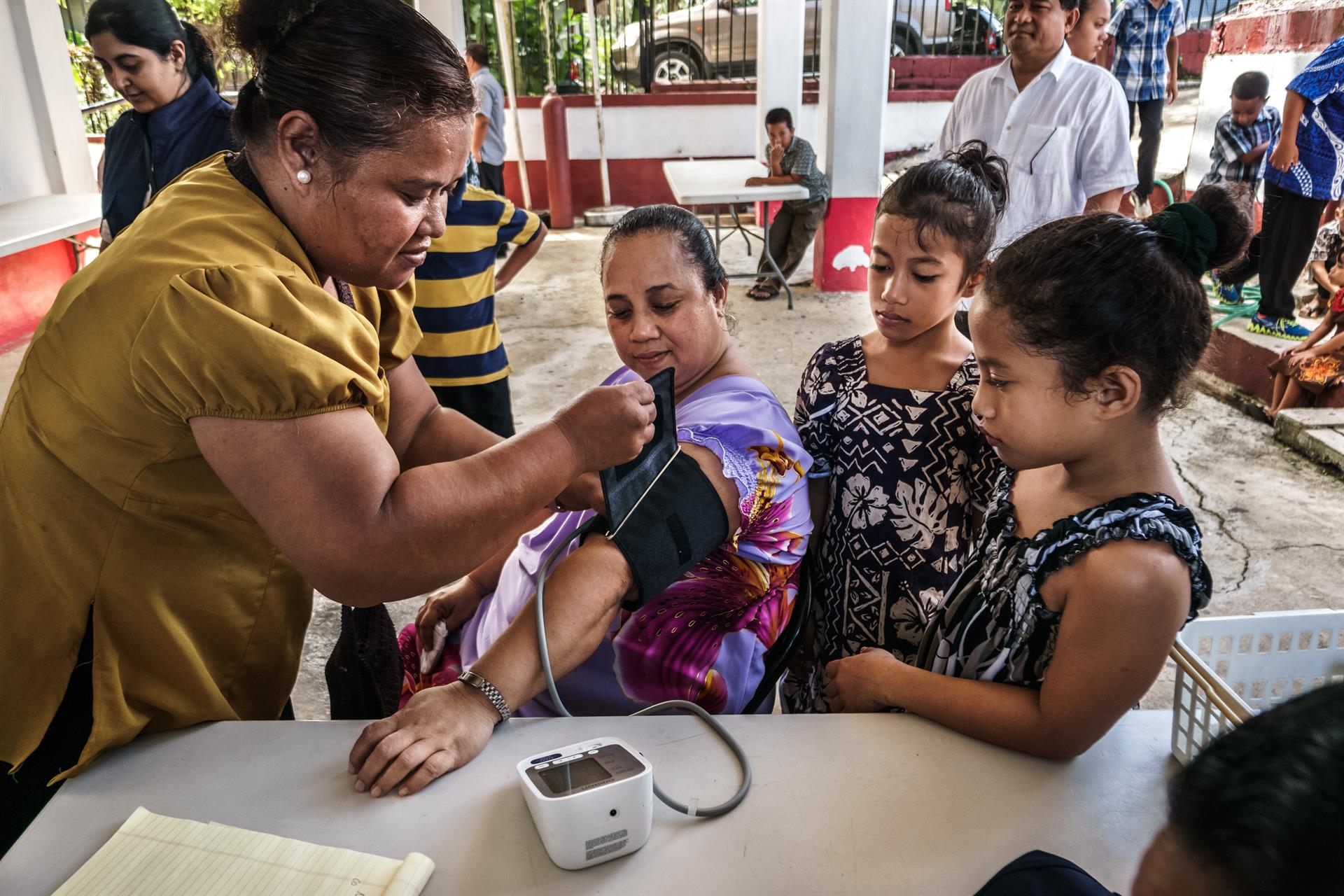movingstarvoices.org – The Federated States of Micronesia (FSM) has a healthcare system that is primarily public, with a significant portion of the annual budget allocated to healthcare services. The system is structured into three main levels: community dispensaries, state hospitals, and referral hospitals outside of FSM67. The country provides free public healthcare to its population, which is a significant aspect of its healthcare policy.
Public Health Initiatives
Emergency and Remote Community Care
One of the notable public health initiatives in Micronesia is the Dispensary Strengthening Programme. This program involves health workers traveling long distances to provide comprehensive care to remote communities, ensuring that even the most isolated areas have access to essential healthcare services.
International Partnerships
Micronesia has been working closely with international organizations such as the World Health Organization (WHO) and Project HOPE to improve its healthcare system. These partnerships focus on addressing prevailing health issues and making long-lasting changes in the healthcare infrastructure. Project HOPE, in particular, has a 65-year legacy of transformative health care interventions, including emergency responses and long-term health care improvements.
Telemedicine
To enhance healthcare access, especially in remote areas, Micronesia has also embraced telemedicine. This technology allows medical consultations and services to be provided remotely, thereby reducing the need for patients to travel long distances for medical care.
Challenges and Future Directions
Despite the efforts to improve the healthcare system, there are still opportunities for growth and improvement. The WHO and other aid-focused organizations are continuously working to address these challenges and ensure universal access to quality health services. The strategic priorities include achieving universal health coverage and building resilient and sustainable healthcare systems to combat issues like antimicrobial resistance.
Conclusion
Micronesia’s healthcare system, while facing challenges, is committed to providing free and accessible healthcare to its population. Through international partnerships, innovative programs like telemedicine, and a focus on remote community care, the country is making strides towards improving public health outcomes. Continued efforts and investments in healthcare infrastructure will be crucial for sustaining these improvements and ensuring the health and well-being of all Micronesians.
